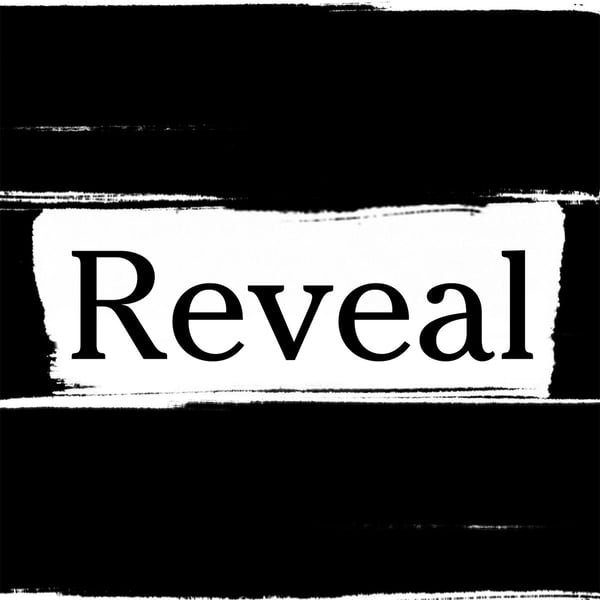Cashing in on Troubled Teens
Reveal
The Center for Investigative Reporting and PRX
4.7 • 8K Ratings
🗓️ 21 October 2023
⏱️ 51 minutes
🧾️ Download transcript
Summary
The first time Trina Edwards was locked in a psychiatric hospital for children, she was 12 years old. She was sure a foster parent would pick her up the next day. But instead, Trina would end up spending years cycling in and out of North Star Behavioral Health in Anchorage, Alaska.
At times, she was ready to be discharged, but Alaska’s Office of Children’s Services couldn’t find anywhere else to put her – so Trina would stay locked in at North Star, where she would experience violent restraints and periods of seclusion. Then, shortly before her 15th birthday, Trina was sent to another facility 3,000 miles away: Copper Hills Youth Center in Utah.
Both North Star and Copper Hills are owned by Universal Health Services, a publicly traded, Fortune 500 company that is the nation’s largest psychiatric hospital chain. Trina’s experience is emblematic of a larger problem: a symbiotic relationship between failing child welfare agencies, which don’t have enough foster homes for all the kids in custody, and large for-profit companies like Universal Health Services, which have beds to fill.
This hour, Mother Jones reporter Julia Lurie exposes how Universal Health Services is profiting off foster kids who get admitted to its facilities, despite government and media investigations raising alarming allegations about patient care that the company denies.
This hour deals with child abuse, sexual assault and suicide – and may not be appropriate for all listeners.
Support Reveal’s journalism at Revealnews.org/donatenow
Subscribe to our weekly newsletter to get the scoop on new episodes at Revealnews.org/newsletter
Transcript
Click on a timestamp to play from that location
| 0:00.0 | From the Center for Investigative Reporting in PRX, this is Reveal. |
| 0:09.6 | I'm Al Etzen. |
| 0:12.2 | When Trina Edwards was 12 years old, she had a really active imagination. |
| 0:17.5 | I'm a Pisces, so I'm already in my head as it is. |
| 0:21.4 | Her window in Anchorage, Alaska, looked out at a parking lot of a bank, nothing special |
| 0:26.5 | just your average bank parking lot. |
| 0:29.0 | But for Trina, that ordinary asphalt was like a stage. |
| 0:33.7 | Every person that pulled in or drove away, I would look and I would make a story, just |
| 0:41.1 | a random high story about that person's life. |
| 0:44.8 | No facts at all whatsoever, but that was their life in my head. |
| 0:50.0 | The mailman, the bank tellers, the customers, regular people going about their business. |
| 0:55.9 | They became Trina's characters. |
| 0:58.0 | I swear on everything I love, I was reading one of my journals and I was like, who the hell |
| 1:04.1 | is Bill Frank and why is he always in my journals? |
| 1:09.0 | She'd assigned them names and backstories. |
| 1:11.7 | That man got paid every Thursday and would be at the bank, asking his to take right |
| 1:20.7 | after work and he has a stressful life because he has seven pigs and three baby moms. |
| 1:28.2 | These stories helped Trina pass the time because she wasn't able to do the things many other |
| 1:33.2 | 12-year-old girls do, like hang out with friends or be dragged by a parent on a boring |
| 1:39.0 | errand to the bank. |
| 1:41.4 | Trina was locked in a psychiatric facility for children owned by a company called Universal |
| 1:47.0 | Health Services. |
... |
Please login to see the full transcript.
Disclaimer: The podcast and artwork embedded on this page are from The Center for Investigative Reporting and PRX, and are the property of its owner and not affiliated with or endorsed by Tapesearch.
Generated transcripts are the property of The Center for Investigative Reporting and PRX and are distributed freely under the Fair Use doctrine. Transcripts generated by Tapesearch are not guaranteed to be accurate.
Copyright © Tapesearch 2025.

